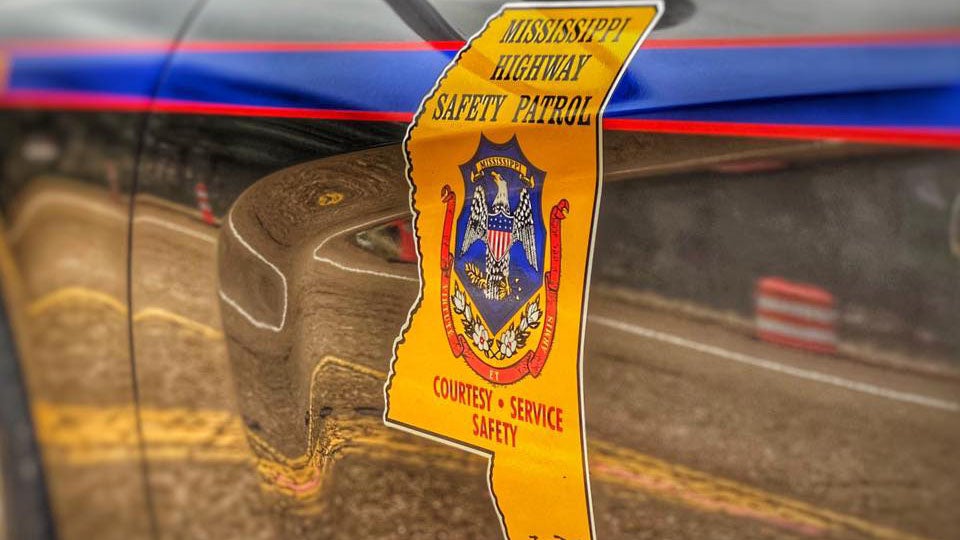Cigarette tax hike bill headed to conference panel
Published 6:00 am Monday, February 2, 2009
Lincoln County representatives say a bill to raise the state’scigarette tax is headed for conference after the House and Senatepassed legislation with different increase amounts.
House Bill 364, which called for the state’s cigarette tax to beincreased to $1 per pack when it was sent to the Senate two weeksago, was amended in that chamber to require a 49-cent tax andearmark at least $25 million in potential revenue for car tagcredits. The amended bill passed the Senate last week and has beenreturned to the House for concurrence, where it will likely beplaced in a joint conference committee for review.
The 49-cent tax is too low for many House members, who tried andfailed to enact a stiffer cigarette tax last year.
District 92 Rep. Becky Currie, R-Brookhaven, said the tax willprobably be increased at least another 11 cents before a compromiseis reached.
“We knew we would go high and they would go low, and now we’llprobably meet somewhere in the middle,” she said of the twochambers. “We’ve all said it was going to be around 60 cents. Themain thing is that at the end of the session we end up with acigarette tax and don’t leave that money on the table anotheryear.”
Currie said she was disappointed with the Senate’s amendment toHB 364 that beefs up car tag credits to counties. She said the taxrevenue should not be spoken for yet.
“There’s a new plan every week, whether it be education,hospital tax – I have no idea,” she said. “We don’t have acigarette tax yet, don’t have any money coming, so it’s a littlehard to hope that’s going to pay anything right off the bat.”
The forthcoming revenues from the cigarette tax increase -whatever they may total – are being pulled in several directions bythe Legislature. Education, Medicaid, grocery tax relief and cartag credits represent just a handful of issues some lawmakerspropose to benefit from the tax.
“The cigarette tax is probably the only tax we’re going toaddress this year, which probably isn’t enough money to do any ofthose things,” said District 53 Rep. Bobby Moak, D-Bogue Chitto,who also wants a higher cigarette tax. “They come out with a listof all the things they’d like to use tax money for in one hand,then come out with a low tax in the other. That just does notcompute.”
Moak said proponents of a low cigarette tax base their argumentson the taxes of surrounding southern states. While Mississippi’s18-cent tax is one of the lowest in the nation, those lawmakersdon’t want to raise the state’s tax too far above neighboringstates’ taxes for fear of sending smokers across state lines forcheaper cigarettes.
But those states, Moak said, are all considering raising theircigarette taxes as well.
“If you want to have an average of what the surrounding statesare, we’d have done that years ago,” he said. “Like when we weretrying to substitute cigarette tax for the grocery tax – it wasn’ta good argument then, so I don’t know what’s drastically changednow.”
District 39 Sen. Cindy Hyde-Smith, D-Brookhaven, said she wasn’tpleased with her chamber’s insistence on a 49-cent tax, but shedefended the earmark.
The senator said reserving $25 million for car tag credits forcounties is necessary to keep the cost of tags from increasing,possibly doubling, this year.
“Due to the slow sales in new automobiles, the tax credits thatgo to the counties from new car sales are almost depleted,”Hyde-Smith said. “Everyone’s car tag would have probably doubled inMississippi had we not sent the tax credits back to the counties,and everybody in Mississippi would have been screaming if their cartags had doubled.”
Hyde-Smith said many senators favored the 49-cent tax as the lowend of the argument, fully expecting the House to raise the tax inconference committee. Like many in the House, she is disappointedthat no cigarette tax revenue has been earmarked for Medicaid orother healthcare programs, and is opposed to sending all therevenue to the general fund.
“This was not the bill of my choice, but it was the only bill Ihad in front of me to vote on,” Hyde-Smith said.




